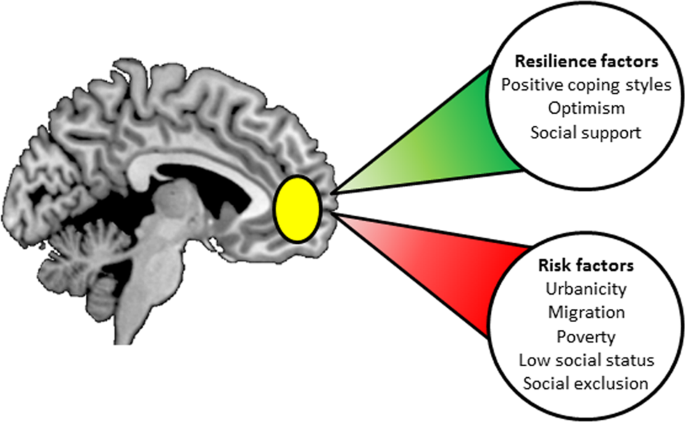Have you ever wondered why some people seem to effortlessly navigate through life’s challenges, while others crumble under the weight of adversity? What is the secret to their resilience? Is it some innate characteristic, or can resilience be learned and cultivated?
As someone who has faced their fair share of struggles, I have always been intrigued by the concept of resilience – the ability to bounce back from difficult times and emerge stronger. It wasn’t until I delved into the fascinating world of neuroscience that I began to understand how our brain adapts to challenges and enables us to become resilient.
Our brain, the incredible organ that controls every aspect of our being, is intricately involved in the process of resilience. It is constantly rewiring itself, forming new connections, and adapting to our experiences. This phenomenon, known as neuroplasticity, allows our brain to be malleable and change in response to external and internal stimuli.
When we face a challenge or a stressful situation, our brain undergoes a series of physiological and biochemical changes. The amygdala, a small almond-shaped structure in our brain responsible for processing emotions, takes center stage. It triggers a fight-or-flight response, releasing stress hormones like cortisol and adrenaline into our bloodstream, preparing us to either confront or flee from the threat.
However, resilience lies in our brain’s ability to regulate this stress response and return to a state of equilibrium. The prefrontal cortex, the part of our brain responsible for decision-making, problem-solving, and emotional regulation, plays a crucial role in this process. It acts as a brake on the amygdala, dampening the stress response and facilitating a calmer state.
Furthermore, studies have shown that individuals with a high level of resilience exhibit increased activity in the prefrontal cortex and decreased activity in the amygdala. This heightened connectivity between these regions enables them to regulate their emotions effectively and make sound decisions even in the face of adversity.
But what about individuals who may not naturally possess such resilience? Can it be cultivated and strengthened? The answer is a resounding yes. Just like any other skill, resilience can be learned and honed through deliberate practice and mindset shifts.
One powerful way to cultivate resilience is through developing a growth mindset – the belief that our abilities and intelligence can be developed through dedication and hard work. Embracing this perspective allows us to view challenges not as insurmountable obstacles but as opportunities for growth and learning. By reframing setbacks as stepping stones, we train our brain to be more resilient in the face of adversity.
Additionally, nurturing strong social connections and seeking support from others are vital aspects of building resilience. Research has demonstrated the profound impact of positive social relationships on our mental and emotional well-being. When we surround ourselves with a strong support network, we have a buffer against the negative effects of stress and adversity. These connections provide us with emotional support, different perspectives, and shared experiences, bolstering our resilience in times of need.
It is also important to prioritize self-care and engage in activities that promote well-being. Physical exercise, mindfulness practices, and adequate sleep have all been linked to enhanced resilience. These activities not only foster a healthy mind-body connection but also activate the release of endorphins – the brain’s natural feel-good chemicals that promote resilience and overall well-being.
Lastly, fostering a sense of purpose and meaning in our lives can provide us with the motivation and drive to persist in the face of challenges. When we have a clear sense of our values and goals, we are better equipped to navigate through difficult times. Cultivating a sense of meaning involves reflecting on our values, setting meaningful goals, and finding purpose in both the mundane and extraordinary moments of our lives.
In conclusion, the science of resilience reveals that our brain has an incredible capacity to adapt and bounce back from adversity. By understanding the neuroplasticity of our brain and adopting strategies to cultivate resilience, we can navigate life’s challenges with greater ease and emerge stronger and more resilient than ever. So, let us embrace the power of our brain and embark on the journey of cultivating resilience in our lives.
